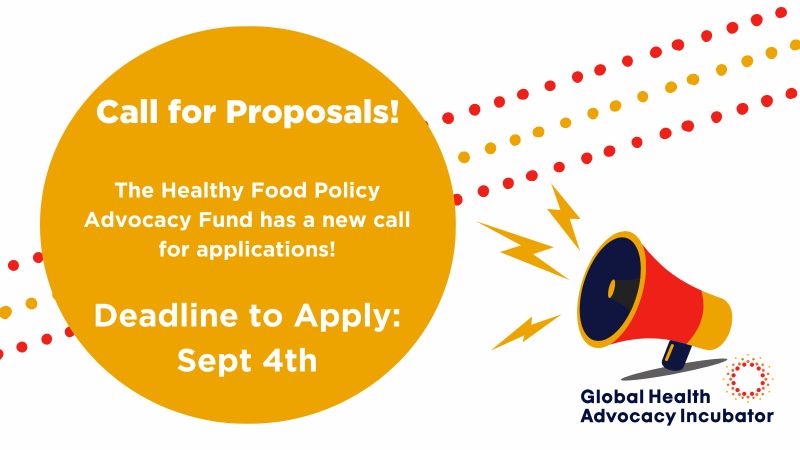ThinkBusiness Africa has pushed back against calls to increase Nigeria’s sugar-sweetened beverage (SSB) tax, warning that the proposed hike could be economically disruptive and lacks solid evidence.
This follows a recent report by the Corporate Accountability and Public Participation Africa (CAPPA), titled “Junk on Our Plates,” which called for a 1,200 percent increase in the current SSB tax from ₦10 to ₦130 per litre. CAPPA linked sugary drinks to rising rates of obesity, diabetes, and hypertension and accused beverage companies of using culturally targeted advertising to mislead consumers.
But in a counter-statement released Monday, ThinkBusiness Africa said its independent review of the CAPPA report revealed statistical flaws and policy overreach. The group criticised CAPPA for relying on outdated and mismatched data, pointing out inconsistencies such as using obesity data from sedentary urban women to justify policies aimed at adolescent males—who it admits are the highest consumers of SSBs.
ThinkBusiness Africa also argued that CAPPA’s claim that the current ₦10/litre tax has failed to improve health outcomes is unproven, as no national evaluation has been conducted since its implementation in 2022.
“You cannot credibly propose a 1,200 percent increase in any tax without first evaluating the impact of the existing policy,” said Dr Ogho Okiti, CEO of ThinkBusiness Africa. “Policy decisions must be rooted in evidence, not just urgency. The risk of overreach is high both in economic disruption and public trust.”
Dr Okiti also highlighted the complexity of Nigeria’s beverage industry, which spans from large manufacturers to informal vendors. He warned that increasing the tax without addressing enforcement challenges could disproportionately affect small and medium businesses.
He further noted that nutrition challenges in Nigeria are the result of multiple factors, urbanisation, income levels, education, processed food access, and sedentary lifestyles,not sugary drinks alone. “Singling out SSBs is reductionist,” he said.
According to Okiti, Nigeria’s beverage industry already faces a heavy tax burden, including a 30 percent corporate tax, 7.5 percent VAT, and 3 percent education tax amounting to an effective tax rate of 45 percent. An additional ₦130/litre excise tax, he warned, could worsen inflation and cost jobs across the beverage supply chain.
He also cited data from the National Sugar Development Council showing that Nigeria’s per capita sugar consumption was just 6.9kg in 2018 among the lowest in West Africa. “This questions the portrayal of Nigeria as a sugar-saturated country and weakens the case for an extreme policy shift,” he said.
Raising concerns about accountability, Okiti pointed out that there has been no public disclosure of the revenues generated from the current SSB tax or how they’ve supported healthcare. “Without transparency and earmarked spending, the tax risks losing its moral and fiscal legitimacy,” he warned.
While acknowledging the urgency of Nigeria’s public health challenges, ThinkBusiness Africa maintained that sound policymaking must consider both economic and health realities. “Nigeria must avoid trigger-happy fiscalism policy driven more by optics than outcomes,” Dr Okiti concluded










